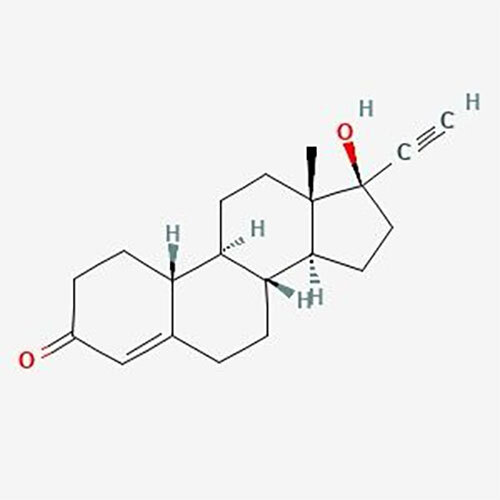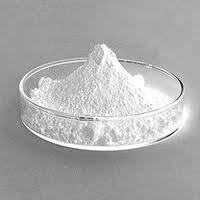Amlodipine Besylate
Product Details:
- Molecular Weight 567.1 g/mol GSM (gm/2)
- Storage Freezer
- Molecular Formula C26H31ClN2O8S
- Medicine Name Amlodipine Besylate
- Type Pharmaceutical Intermediates
- Grade Medicine Grade
- Purity(%) 99%
- Click to View more
Amlodipine Besylate Price And Quantity
- 25.00 - 50.00 INR
- 25 Kilograms
Amlodipine Besylate Product Specifications
- Freezer
- Amlodipine Besylate
- 567.1 g/mol GSM (gm/2)
- Liquid
- C26H31ClN2O8S
- Medicine Grade
- 99%
- Pharmaceutical Intermediates
Amlodipine Besylate Trade Information
- Cash in Advance (CID) Cash Advance (CA)
- 1000 Kilograms Per Day
- 7 Days
- No
- Australia Western Europe Middle East North America Africa Central America South America Asia Eastern Europe
Product Description
Amlodipine is a medication to reduce high blood pressure and coronary artery disease. While amlodipine is not usually recommended in heart failure, it may be used to treat high blood pressure or chest pains if other medications are not effective. Amlodipine is used alone or in combination with other medications to lower blood pressure. A lower blood pressure reduces the risk of strokes, heart attacks, and kidney problems. Calcium channel blockers include amlodipine. The drug relaxes blood vessels, allowing blood to flow more easily. Additionally, amlodipine is able to reduce instances of chest pain (angina).
Properties:
- CAS ID: 88150-42-9
- Synonyms: Amlodipine benzenesulfonate Amlodipine besilate Amlodipine (besylate)
- Molecular Formula: C26H31ClN2O8S
- Molecular Weight: 567.1
- Melting Point: 199-201C
- Boiling point: 527.2 C
- Appearance: white crystalline powder
- Solubility: Less soluble in water and sparingly soluble in ethanol
How does it work:
Amlodipine, like other calcium channel blockers, relaxes and widens blood vessels in people with high blood pressure. The result is a lower blood pressure and easier blood circulation in your body. Amlodipine improves blood flow to the heart in angina.
Applications Or where it is used:
Amlodipine is used alone or in combination with other medications to treat high blood pressure in adults and children 6 years and older. It is also used to treat certain types of angina (chest pain) and coronary artery disease (narrowing of the blood vessels that supply blood to the heart). Lowering high blood pressure helps prevent strokes, heart attacks, and kidney problems. Amlodipine belongs to a class of drugs known as calcium channel blockers. It works by relaxing blood vessels so blood can flow more easily. The preparation is used in treating hypertension in pediatric patients.
How to use:
Take this medication once a day, either with food or without food, as directed by your doctor. Do not exceed the dose prescribed by your doctor. Take the dosage as prescribed by your physician. Regular use will provide the most benefit. Take it at the same time every day to make it easier to remember. Take this medication even if you feel well. People with high blood pressure usually don't feel ill. The effectiveness of this medication for angina depends on how regularly it's taken. When angina occurs, this medication should not be used. Follow your doctor's instructions regarding other medications to treat angina attacks. Talk to your doctor or pharmacist about how to do this.
Dosage of usage:
- Small, fragile, or elderly patients, or patients with hepatic insufficiency: 2.5 mg once daily initially and adjusted based blood pressure goals
- Patients with chronic stable or vasospastic angina: 510 mg; a lower dose is suggested for the elderly and for patients with hepatic insufficiency.
- Pediatric patient (617 years): 2.5 mg to 5 mg once daily.
Side effects:
Common side effects:
- Dizziness
- Lightheadedness
- Swelling ankles/feet
- Flushing

Price:
- 50
- 100
- 200
- 250
- 500
- 1000+










 : nilesh.sheth70
: nilesh.sheth70
